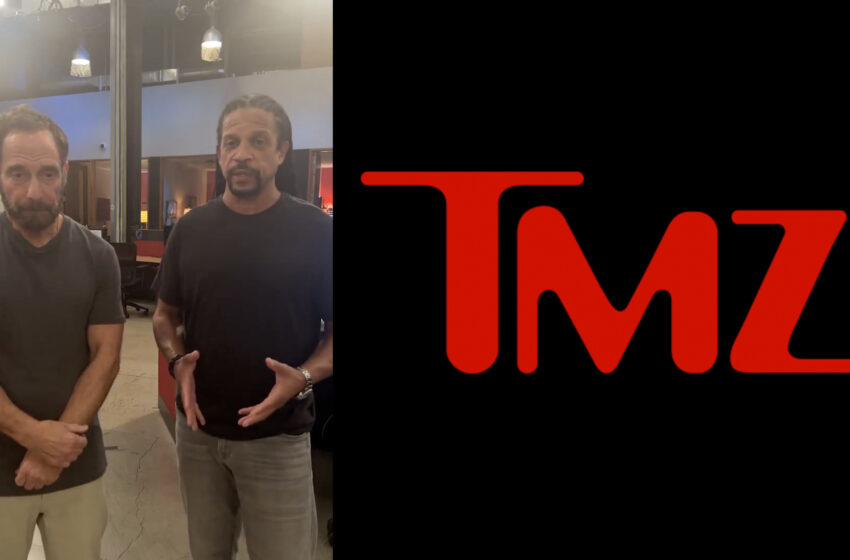TMZ apologizes after laughter heard during Charlie Kirk death coverage: What to know

TMZ apologizes for laughter during Charlie Kirk coverage. Image Credit: TMZ/X
TMZ drew widespread criticism after viewers heard laughter and clapping in TMZ’s newsroom during its live coverage of Charlie Kirk’s shooting death. The incident occurred while co-hosts Harvey Levin and Charles Latibeaudiere were reporting developments in a solemn tone. The distracting laughter came from another part of the building, off-camera.
According to TMZ’s public statement, employees in a separate area were watching a car chase on television at the same time. The laughter and applause were responses to that unrelated event, not to the tragedy involving Charlie Kirk. Nonetheless, many viewers interpreted the sounds as something else, sparking outrage.
READ ALSO
Spotify launches Lossless Music for premium users: What to know
Who killed Charlie Kirk? What we know so far
TMZ’s Apology and Explanation
TMZ has since issued a formal apology. In a statement titled “Laughter Heard In TMZ Office Was Not About Charlie Kirk Assassination”, the outlet clarified the background noises were not connected to Kirk’s death. TMZ acknowledged that the timing was highly unfortunate and tone-deaf.
Harvey Levin and Charles Latibeaudiere made a video message apologizing for how the incident sounded. They admitted they could hear the laughter, walked off-camera to investigate, and confirmed that those laughing were not reacting to the news of Charlie Kirk’s death. The apology emphasized respect for the seriousness of the situation.
Why Viewers Saw It as Offense
The context made the mistake especially sensitive. Charlie Kirk, a conservative youth leader, was shot during an event at Utah Valley University, news that many considered particularly tragic. Hearing laughter, even if from afar, during such coverage felt extremely disrespectful to some viewers.
The fact that TMZ is a high-visibility media outlet means mistakes get magnified. On social media platforms like X, critics pounced quickly, with some accusing TMZ of insensitivity and others demanding clearer protocols for newsroom conduct during serious news.
What It Means Moving Forward
TMZ’s apology suggests an internal acknowledgment of how background noise, even when innocent, can impact public perception. Media analysts say this could lead to tighter off-camera controls in newsrooms to avoid similar incidents.
For viewers, the episode underscores how trust in media hinges not only on what is said, but how it’s presented. Even unintentional lapses in tone or timing can erode credibility and inflame public sentiment, especially when covering highly emotional stories.

